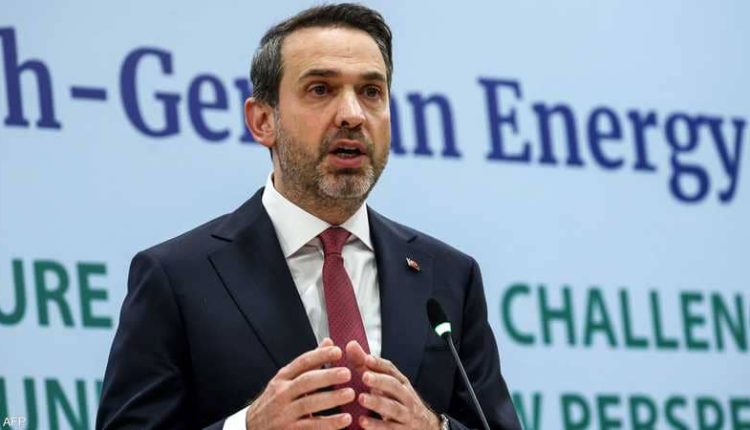Turkey Plans to Export 6 Million Cubic Meters of Natural Gas Daily to Syria
By Kardo Roj
ANKARA, Turkey (North Press) –
Turkey’s Energy Minister Alparslan Bayraktar announced on Thursday that Ankara will begin exporting six million cubic meters of natural gas per day to Syria within three months, part of a larger plan to supply northern regions with energy for electricity generation—most notably the war-torn city of Aleppo.
In an interview with CNN Türk, Bayraktar stated that the total volume of gas will amount to approximately two billion cubic meters annually. He added that pipeline infrastructure is already under construction on the Syrian side, beginning from Turkey’s Kilis province and extending into Syrian territory.
The announcement marks a significant development in Turkey’s growing energy and infrastructure involvement in northern Syria, a region where control is fragmented between various armed factions, including the Turkish-backed Syrian National Army (SNA), the Syrian government, and areas governed by the Autonomous Administration of North and East Syria (AANES).
The Turkish minister confirmed that gas pipeline construction has reached the Syrian border and is expected to be completed and operational within 90 days. The gas is intended to power a Syrian electricity generation facility in Aleppo, a city still recovering from years of conflict and currently divided among different zones of control.
Bayraktar also revealed that, in parallel with the gas project, Turkey has begun transmitting 200 megawatts of electricity into Aleppo from the Turkish grid, though details on the operational infrastructure and recipient parties remain limited.
Energy experts suggest the move may be part of Ankara’s broader strategy to consolidate influence in northern Syria through economic integration and public service provision in areas under its military and political sway. However, it also raises concerns over sovereignty, long-term sustainability, and coordination with various Syrian actors.
The announcement comes amid ongoing instability in northern Syria, where governance remains contested. While parts of Aleppo are under Syrian government control, northern and northwestern areas fall under the administration of Turkish-backed forces. The SDF-controlled northeast, including parts of Raqqa and Hasakah, operates under the governance of the AANES, which has emphasized energy self-sufficiency through local production and infrastructure rehabilitation.
The coming months will be critical in assessing whether the infrastructure can be completed within the stated timeframe and whether energy delivery can proceed without exacerbating political frictions. For areas administered by AANES, maintaining regional autonomy and sustainable infrastructure development remains a key priority, particularly amid increased foreign competition over strategic assets.
As Syria’s post-war reconstruction landscape evolves, energy access may become a new arena of geopolitical competition—one that underscores the importance of inclusive, locally grounded, and transparent development initiatives.

